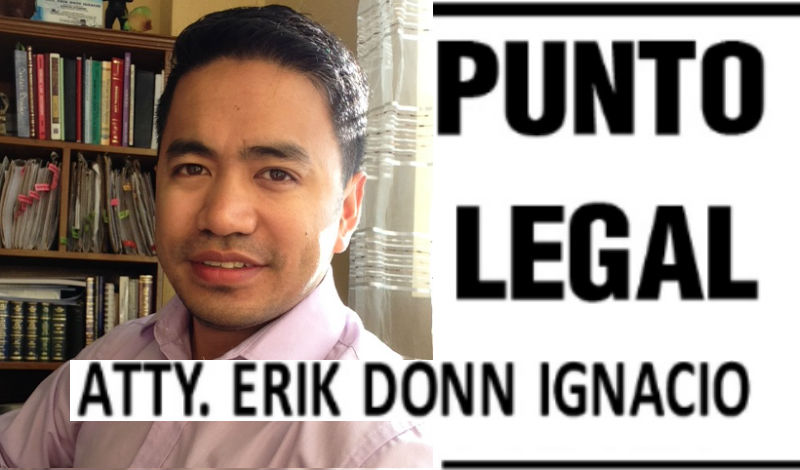Not all lawyers are notaries public but all notaries public must be lawyers. The 2004 Rules on Notarial Practice promulgated by the Supreme Court (A.M. No. 02-8-13-SC) . Under the new rules only lawyers in good standing may be commissioned as notaries for a two-year period. In other countries as before 2004 in the Philippines, non-lawyers were commissioned as notaries public, under the new rules however, the position became exclusively for lawyers. The Rules were meant to regulate the practice and prevent the degradation of the faith or respect on the notarised documents. A document executed before a notary public transforms the same into a public document and enjoys the presumption that it has been regularly executed. Unfortunately, even with the introduction of the 2004 Rules, many notaries still get suspended or barred from becoming one for a certain period because of their violation of the Rules. In certain instances, a person appears to have executed a deed of sale of real property after he has long been dead. It means that the notary public notarised the deed of sale without requiring the presence of the parties executing it. This is sadly a common practise among notaries public.
Prohibited Acts
A person should not notarise any document if he has not been commissioned as such. The prohibited acts for a notary are stated in Section 2 of Rule VI of the 2004 Rules on Notarial Practise. He cannot notarise documents outside his regular place of work or business and outside the territory of the place where he was commissioned. Within his territorial jurisdiction, he can notarise documents outside his office when requested and under certain circumstances. A notary public should not notarise a document if the person who executed the same is not in his presence, and if the person is not known to him personally unless he is identified by the notary through a competent proof of his identity. A competent proof of identity is any document issued by an official agency showing his photograph and signature. If there is no such document, a person known to the notary public may execute an oath or affirmation that he personally knows the individual or by two witnesses not privy to the instrument for notarisation. A cedula is not a competent proof of identity but should still be presented to the notary public if the document being notarised is a deed or an oath of office as required by the Local Government Code.
Disqualifications
A notary public is disqualified from notarising a document where he “(a) is a party to the instrument or document that is to be notarized; (b) will receive, as a direct or indirect result, any commission, fee, advantage, right, title, interest, cash, property, or other consideration, except as provided by these Rules and by law; or (c) is a spouse, common-law partner, ancestor, descendant, or relative by affinity or consanguinity of the principal within the fourth civil degree” (A.M. No. 02-8-13-SC).
Other Prohibitions
“SEC. 5. A notary public shall not:(a) execute a certificate containing information known or believed by the notary to be false. (b) affix an official signature or seal on a notarial certificate that is incomplete.SEC. 6. A notary public shall not notarize: (a) a blank or incomplete instrument or document; (b) an instrument or document without appropriate notarial certification”
Unluckily, for some reasons notaries public do not strictly follow these prohibitions. Some knowingly notarise documents in violation of the rules as an accommodation or a favour for a friend or relative while others do it for money. The Supreme Court has on many occasions warned notaries public of not following the Rules otherwise they face penalties, suspension, or worse disbarment.














